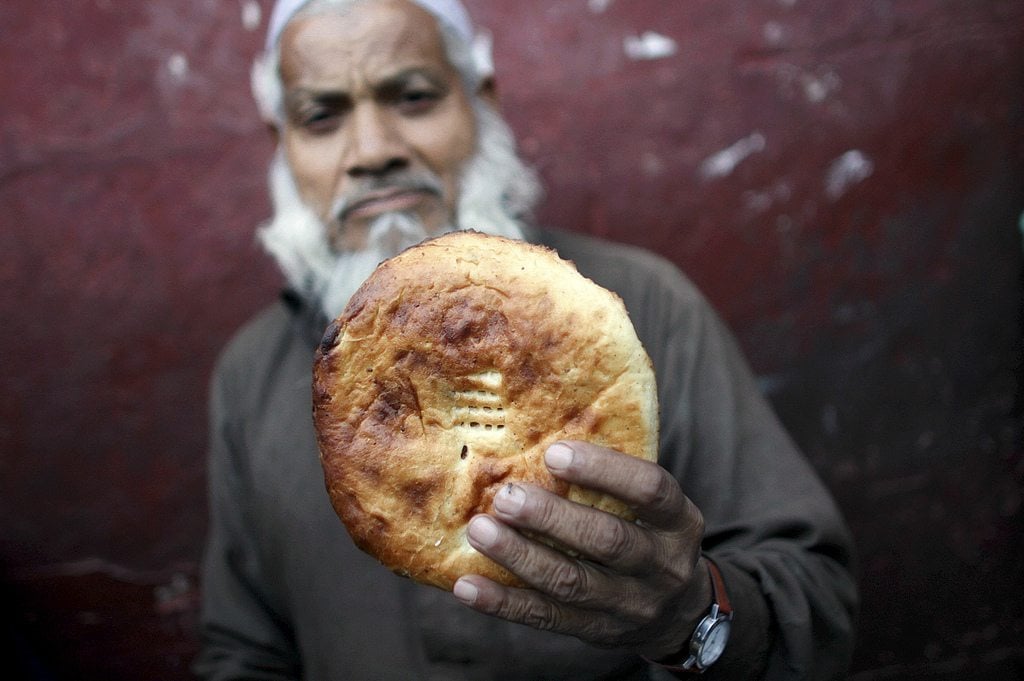Eating Bread With Trace Amounts of Alcohol in the Maliki School
Maliki Fiqh
Answered by Shaykh Rami Nsour
Question: As-salāmu ʿalaykum. I just discovered that normal bread, which is leavened, contains alcohol as a by-product. Does this then mean that, according to the Mālikīs, all leavened breads are ḥarām to consume? Also, allegedly unleavened bread also contains trace amounts of alcohol. Would these trace amounts be ignored or are they significant?
Answer: Eating leavened bread would be permissible according to the Maliki school. As for the concern about the content of alcohol, there may be trace amounts produced during the process of the dough rising, but trace amounts of alcohol do not make something impure. There are trace amounts of alcohol in ripe fruit even while it is still on the tree yet there is no doubt about the permissibility of eating fruit.
It is important in this discussion to take into consideration the Maliki definition of intoxicants (muskir) when discussing what it impure (najas). Liquid intoxicants are liquid, impair the intellect but not the body, and cause energy and happiness (Dardir, Sharh al Kabir). If one of these conditions are not present, such as something being solid, then it would not be considered impure.
Leavened bread does not fall under the definition of what a intoxicant would be because it is solid and one cannot be intoxicated by eating it. As for the trace amounts of alcohol, we are not taken to account to look for them nor do we have to avoid them. There are trace amounts of alcohol in many other permissible foods, such as certain yoghurts. If the amount becomes noticeable by one being able to become intoxicated if they were to consume it, then it would be impure. An example of this would be certain fermented milk that can intoxicate a person.
And Allah knows best.
Rami Nsour
